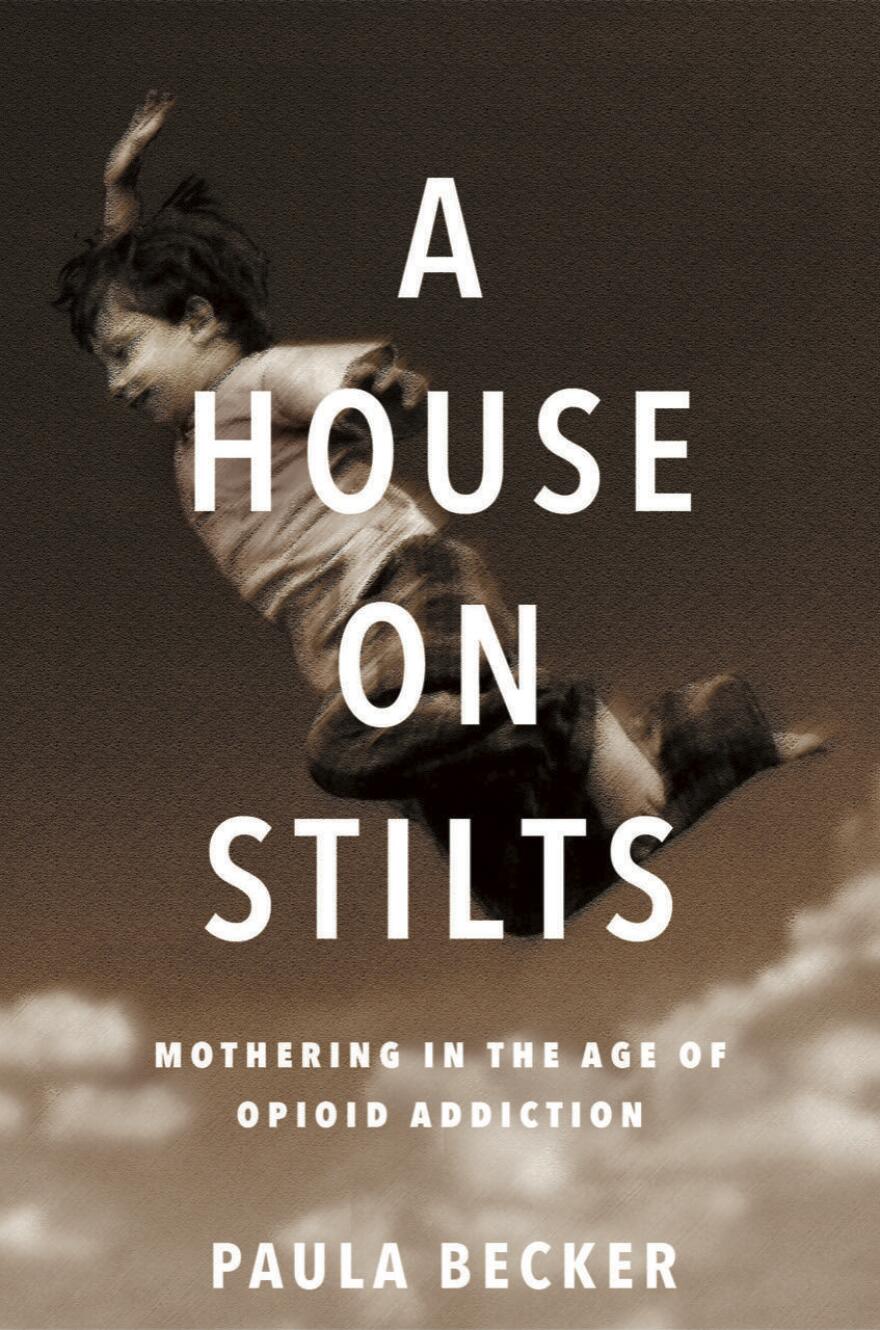This story originally aired on February 14, 2020.
Seattle author Paula Becker has a specific audience in mind for her latest book, "A House on Stilts, Mothering in the Age of Opioid Addiction."
“I really want people who have kids of about 11 and 12 to read this book, because I think that the trick is and the challenge is to try not to let the kid tumble over into addiction," Becker said. "So, when they're experimenting is the time to try every possible way to get them back.”
Becker writes about historical events, such as the 1962 Seattle World's Fair. She writes about people, as she did in her book "Looking for Betty McDonald: The Egg, The Plague, Mrs. Piggle-Wiggle and I" about the 1950s children’s book author.
"A House On Stilts" is an incredibly open and very personal account about raising her oldest child, Hunter Brown, and his struggle with substance use disorder.
“I feel blessed in every way to have been his mother even though the road was really hard,” Becker said.
In the beginning, the life that Becker and her husband, Barry Brown, crafted for their three children was idyllic. Hunter was their first. Then came Sawyer, followed by Lillie.
Becker put her career on hold to devote time and energy to homeschooling the kids for several years. Brown, a doctor, supported the family. The house was full of books, board games and home-cooked meals. The family crisscrossed the state, exploring.

“Looking back at one weekend," Becker recalled, "we went and camped near Mount Rainier, and then we went to Wenatchee, and we went to Yakima and to Ellensburg. It was a very thrilling and grounded and safe kind of childhood for them."
When the kids got older, Sawyer and Lillie went to elementary school. Hunter enrolled in seventh grade.
“And it worked well at the beginning. I was super careful because I know he's never been in a classroom since preschool and he seemed like he was doing really well,” Becker said of Hunter.
But by the time Hunter got to high school, cracks started to appear. From the outside he seemed happy and healthy, but in reality he was pretty disengaged. He didn’t join any clubs or play any sports. He started hanging out with the kids who smoked cigarettes and who did a little bit more experimenting with alcohol.
Becker said that from a young age, her son was not judgmental and always valued the underdog. When Becker questioned Hunter’s choice of friends, he’d push back.
“He would say to me sometimes these are not bad people, and I said I didn't say they were bad people but that some of the things they're doing look like they are bad for them,” Becker said.
By the time Hunter was a senior in high school he was smoking fentanyl patches in the family's basement. Instead of graduating with his class, Hunter went to rehab in California.

In this story, Paula Becker talks about her son’s descent into heroin addiction, and how she and her husband tried to pull him back. It’s a story she feels every parent should hear.
“I'm the boogeyman and I understand that," Becker said. "I think if I had picked up a book like this when my kids were young I would have immediately put it down because I would have wanted to put my fingers in my ears and say 'la la la la la la that won't happen to me.' And hopefully it won't.”
Correction, Feb. 18: Updates information in the audio version of the story about the books found among Hunter's belongings after his death.





